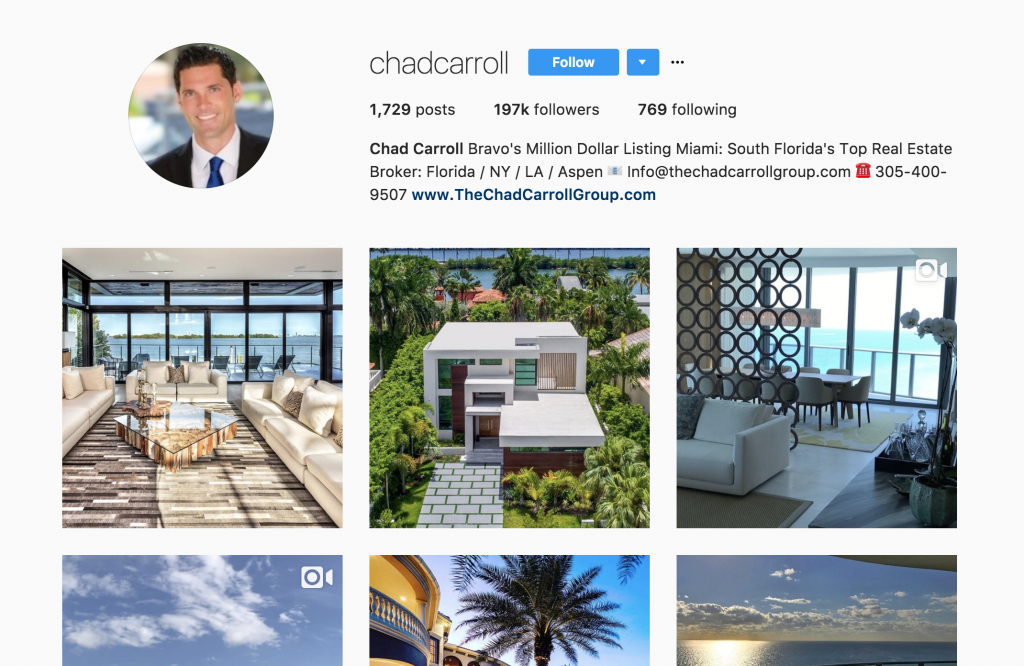As of June 2015, the global number of millennials officially surpassed the baby boomer generation. Millennial buyers and sellers are tipping the economic scales and changing the way real estate agents connect with prospects.
Millennials, born between 1980 – 1990, represented 34% of homebuyers in the US, making them the largest group of home buyers, even beating out the baby boomer generation. 66% of them were first-time home buyers. Chances are that millennials will increasingly become a larger percentage of your clients.
Are you prepared to give millennial buyers and sellers the value they’re looking for in a real estate agent?
The desire to own a home is still strong among Millennials, despite the fact that job security student debts and climbing house prices are pushing many people out of the market.
Prospecting to millennials isn’t all that different from helping baby boomers or Gen X’ers, but there are a few things you can do to give you an edge:
6 Tips For Reaching Millennial Buyers And Sellers
1. Get Active On Social Media
41% of millennials use Facebook daily. Facebook, however, is not the only place Millennials engage with peers. Millennials are actually more engaged on social media sites like YouTube, Snapchat, Instagram, Twitter, Pinterest, and LinkedIn. On these sites, they’re more likely to find generational peers who appreciate the same aspects of pop culture.
If you expand your social media presence beyond Facebook, you can reach a wider audience of millennials.
2. Have A Strong Online Presence
Millennials are more comfortable using the internet than Gen X’ers or baby boomers. They rely on the Internet for news, shopping, socializing, and entertainment. A business without a website, or poor online presence, immediately raises doubts among millennials about the quality and reliability of your service.

Your website should be functional across multiple devices, especially tablets and smartphones, where the majority of traffic to your website will be coming from. A poor user experience on a tablet or android (slow load times, intrusive pop-ups) could mean the loss of potential millennial home buyers, who have little patience or forgiveness for poor site architecture.
3. Use Technology To Connect With Millenials
Why book an appointment when you can schedule a skype call? Why not use Google Docs or create a shared Google Drive Folder where your millennial clients can quickly access important documents? Millennials will appreciate your efficiency, and your technical expertise will assure them that you are just as committed to saving time as they are.
4. Be Responsive
When you receive a text or email from your millennial clients, get back to them as quickly as possible. Millennials are used to a world of on-demand and instant gratification. They can book tickets for a movie, pay their bills, and binge-watch their favorite series all from their smartphone. Waiting hours to reply to a text makes you look either negligent or incompetent.
5. Be Open to Diversity
Families and couples take many different shapes in the 21st century. You may be required to help a same-sex couple, a mixed heritage family, or single parent. If you convince your millennial clients that you are an open-minded, progressive individual, you’ll earn more referrals from their network and edge out more conservative competitors.
6. Be Authentic
One of the reasons millennials limit their engagement on Facebook more than on other sites is the lack of authentic content. Repeated posts of friends, peers, and associates sharing their successes exclusively can get depressing for those of us who may be facing personal challenges or coping with a personal loss.
If you plan to engage millennials on Facebook, share your victories as well as your losses, and you’ll appear more genuine. Include occasional humor along with your marketing content. Celebrate the successes of those in your network, and reach out with words of encouragement or advice to those whom you may not interact with as often.





